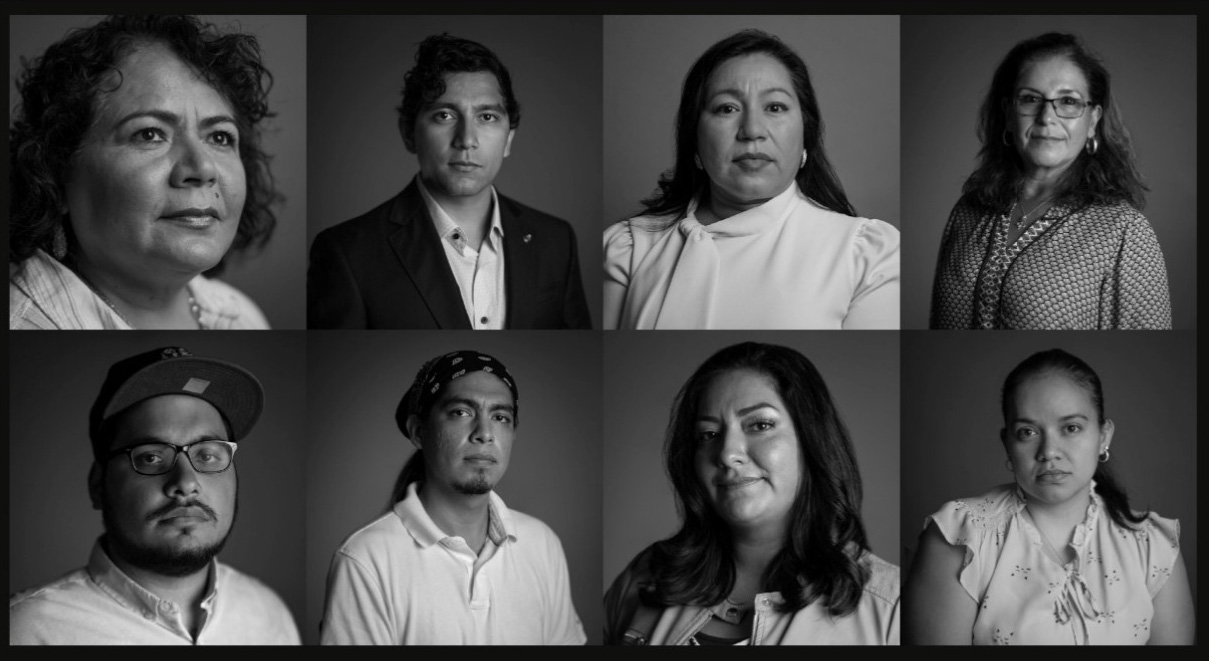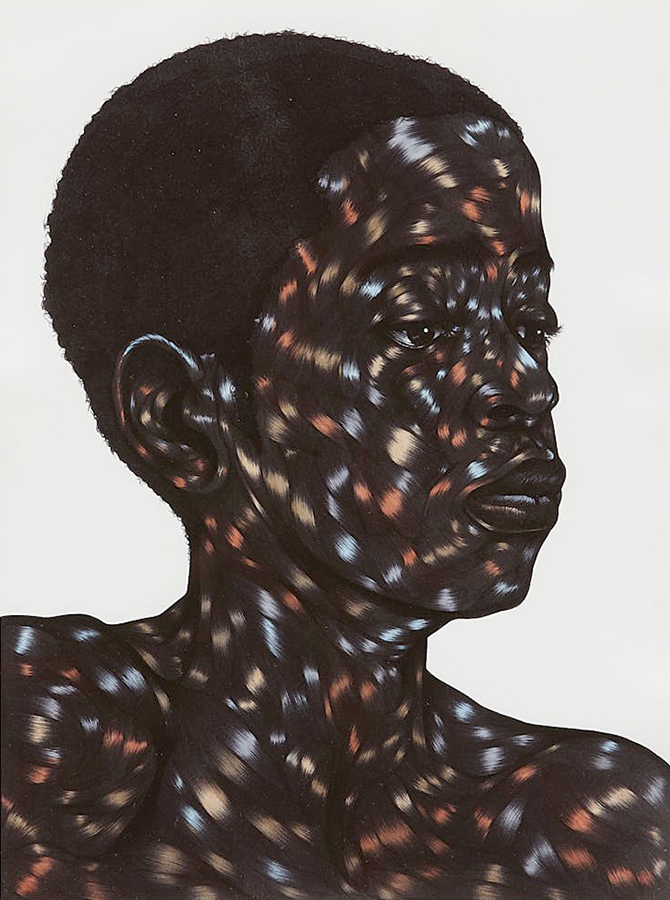Editor’s note: Susan Ketchin interviewed Anne Lamott for Faith & Leadership and asked her several questions related to leadership. Here’s what Lamott said on the following topics:
On the key to being a good leader
 If I were going to help people with being good leaders, I would say the most important thing you can do is go to the Special Olympics every single year and bring more and more people there, because that is where you’re going to see the kingdom of God.
If I were going to help people with being good leaders, I would say the most important thing you can do is go to the Special Olympics every single year and bring more and more people there, because that is where you’re going to see the kingdom of God.
At the Special Olympics, if someone falls down or spaces out, the others don’t go, “Oh, great -- this gives me an edge.” They go back for him or her and help, and somebody that has been assigned to help helps everybody get going in the right direction again, and they go off together.
Yeah, there is no more joy to be had this side of glory than a morning at the Special Olympics track and field.
On how to help others heal
If you are to lead, you need to be a person of expansion and breadth and depth and truth. We get little shards and glimmers and bits of the mosaic of truth -- of reality -- here and there; and one of the ways that you get these glimmers is through the written word.
You get them through storytellers. You get them around campfires. You get them in one poem that someone thrusts at you because there’s a chance you may really get it. And what that means to get it is they’re offering you the chance to get a little bit of who they are; and in getting who they are, you little by little start to understand the truth of your own spiritual identity. You start to naturally want to activate that instead of falling back on the false front, like the Wizard of Oz, who seems to be so in command and powerful.
Maya Angelou said that the function of freedom is to free someone else. So for leaders, it begins with liberating oneself from the false fronts and the strategies and the games of appearing to be more powerful than you are and in fact being willing to be all the things that you are -- which is gentle and powerful and wild and childlike and vulnerable, and the dark side of who we are, not only kind of brutal and threatened, but also the beautiful, precious person we are within a community of believers where we cry with one another.
Great leaders will cry with their people when they’re hurt, and the tears of the leader will help bathe the people in the living water and in the hydration and in the cleansing and in the amniotic fluid of a new community and a new life together in Christ.
On how to develop leaders
It’s about the individual doing the very, very deep psychological and spiritual healing necessary to provide leadership. It doesn’t have to do with having new rules; it has to do with the people who are going to be the leaders doing their own healing so that they’re coming from places of self-awareness and self-acceptance and peace instead of from where leaders have historically come from, which are places of ego and being driven by some of the old secrets and wounds from the original family.
It’s natural there would be repression and suppression, because people hadn’t done their own healing. So for me, that would be how it might come about. The work is for true leaders to do the self-examination and that very, very deep work of revealing the wounds and healing them, instead of concealing them.
On how to build community
You have to have created enough pain to have the willingness to look at it and to maybe start living a new, co-created life -- co-created with God and your community. At our church -- we have such a tiny little church -- we don’t have forums and weekend retreats and stuff like that, but we do have Bible study.
I have seen in that church the power of the Holy Spirit that has gone in and never given up on what society would call the weaker people and has raised them back up for the next onslaught by the towering armies of soldiers and men.
So for me, any opportunity to get real and to connect your own life, your own heart, your own emotional reality to stories is going to be a chance for you to say, “I never thought of that before. I never really noticed that before.”
If people are offered the chance to connect with their own shadow and their own dark tendencies and beliefs, then it’s a chance to put a little air and sunlight on them.
On how to think about failure
In my experience, as a sober alcoholic, I know that not one single person has ever gotten another person sober.
Failure and messes and mistakes for me have always been the places where I give up any illusion that my own thinking is going to help get me out of this clenched-up, dark corner. You learn to just give up on your own good ideas and your own historical ways of handling stress.
On the importance of humor
Humor goes first when self-obsession takes over and we reach that horrible place, that hell, where you become very dark very rapidly and very mean. And very small. Very, very small and encapsulated.
Humor brings with it breath. Once a little breath can get in, then you’re talking Holy Spirit energy, and it’s like fingers lightly playing piano keys.
There’s this motion, breath and new sounds, and it kind of can stir or jar you into waking back up into the bigger reality -- that we’re part of something bigger, which is what we tend to forget when we’re in the hell of self-consciousness or of feeling victimized and at our least amused. That’s when somebody can help us laugh again about our predicament and remind us that we all have gone through the same stuff and we have all had the same feelings.












